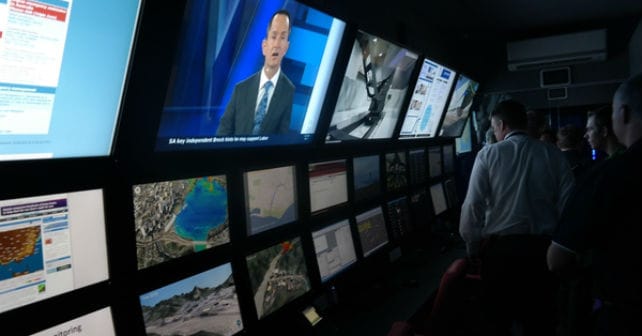Green computers save world, maybe
 A new report out from the Green Electronics Council (GEC) highlights the awesome gains that can be made from improving energy efficiency, cutting down on toxic chemicals and generally cleaning up one’s act.
A new report out from the Green Electronics Council (GEC) highlights the awesome gains that can be made from improving energy efficiency, cutting down on toxic chemicals and generally cleaning up one’s act.
Here’s the savings that the GEC calculates, on the back of sales of computers certified by its EPEAT scheme, which allows corporate buyers to differentiate equipment on the basis of its environmental attributes:
- Saves 13.7 billion kWh of electricity, enough to power 1.2 million U.S. homes for a year;
- Saves 24.4 million metric tons of materials, equivalent to the weight of 189 million refrigerators;
- Prevents 56.5 million metric tons of air pollution, including 1.07 million metric tons of global warming gases (the equivalent of removing 852,000 cars from the road for a year);
- Prevents 118,000 metric tons of water pollution;
- Reduces toxic material use by 1,070 metric tons, equivalent to the weight of 534,000 bricks, including enough mercury to fill 157,000 household fever thermometers; and
- Avoids the disposal of 41,100 metric tons of hazardous waste, equivalent to the weight of 20.5 million bricks.
All this is calculated off the back of firms buying kit that’s EPEAT certified, versus “traditional” computers (as the release puts it), or “conventional products” (as the associated report puts it). And this has all been achieved in just six months.
To my mind, though, this raises a number of questions. Would all this energy use, chemical waste, pollution and so on definitely have happened otherwise (ie, does this assume we all would have bought distinctly ungreen “traditional” computers without this scheme)? And if this is the real gain that has been made, then it’s frightening to consider how much waste is still being generated, given that EPEAT-certified products accounted for less than 10% of total equipment sales, according to the report.
Nonetheless, it’s clearly overdue for such schemes to be in place. More clarity about energy use and so on has to help us make better decisions.




